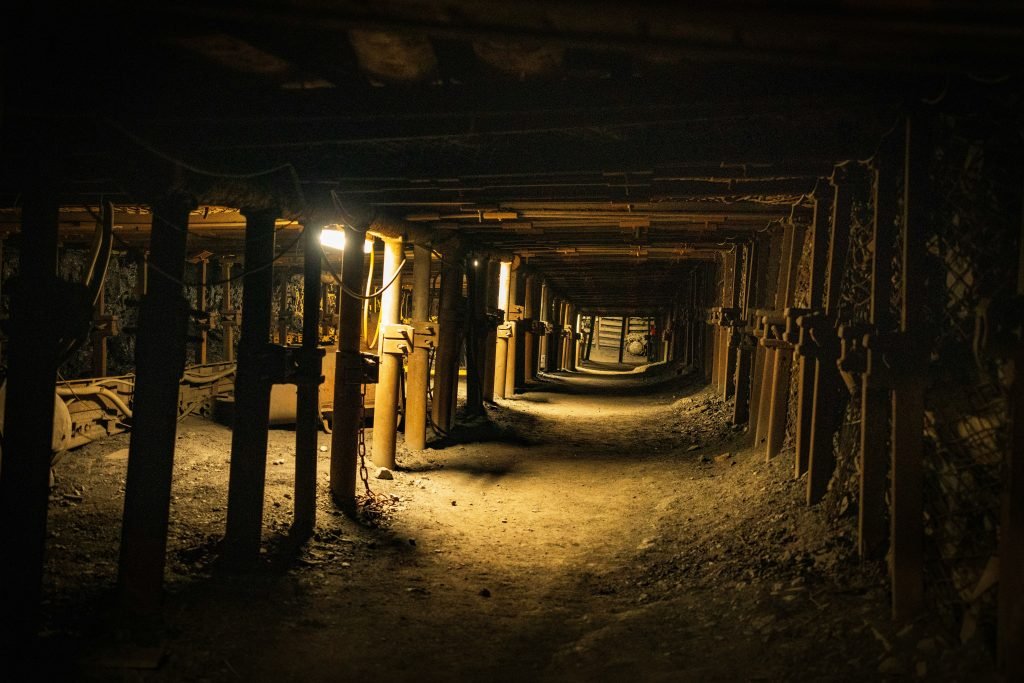According to the Talmud, Rabban Gamliel banned from the study hall any student whose deeds were not in keeping with their values (Brachot 28a). This left Rabban Gamliel with an exceptionally small crop of students. One Rabbi says that when his decree was lifted seven hundred benches had to be added to accommodate the many more students who could then attend.
While hypocrisy is as old as time itself, sometimes it is so flagrant, glaring, and infuriating that we can’t help but take note. Rabban Gamliel would have kept South Africa’s government a full continent away from his study hall.
South Africa has been one of the most vocal critics of Israel’s conduct in Gaza. It has led the charge against Israel at the International Court of Justice (ICJ), accusing Israel of genocide and demanding that the court intervene to save Gaza’s citizens.
In its original petition to the ICJ, submitted in December of 2023, South Africa declared the situation in Gaza to be ‘a moral failure causing intolerable suffering (par. 44)’. It accused Israel of not only killing and injuring large numbers of Palestinians, but also depriving them of food and water, medical care, shelter, clothing, hygiene and sanitation (par. 43). It accused Israeli leaders of making statements that demonstrated genocidal intent, such as then Defense Minister Yoav Gallant saying, “Israel would impose a complete siege on Gaza. No electricity, no food, no water, no fuel. Everything is closed (par. 101).”
You might be surprised, then, to find out how South Africa recently treated destitute migrants who unlawfully entered shuttered mines in an attempt to extract left-behind minerals they could sell to meet their basic needs. The South African government was so enraged that it forbid any food, water, or other humanitarian assistance from reaching them in an effort to starve them out. One government minister explained that the miners are criminals, and therefore don’t deserve anything. At one mine, more than one hundred people died of starvation and dehydration underground.
The South African Federation of Trade Unions said that at one site, 101 survivors emerged resembling ‘walking ghosts’ after enduring weeks without supplies. It called the episode one of the most horrific displays of state willful negligence in recent history. It further condemned government officials’ statements that they would ‘smoke out’ the miners, saying this amounted to state-sanctioned murder.
And let’s remember that these people went down the mineshafts illegally only in a desperate effort to survive. They had committed no violence against South Africa and posed no threat to the country. But just the fact that they were breaking laws out of economic necessity was enough for South Africa to treat them this way.
Sadly, this is typical of many human rights campaigns. Rights are only important when they can be used to condemn whatever group activists are interested in attacking. Worse or similar violations elsewhere mean nothing, and the people lobbing furious condemnation at others for violating rights would trample those same rights in an instant if they believed that was needed for their own wellbeing or security.
Even as the cease-fire brings us images of throngs of healthy, jubilant Gaza citizens parading through the streets declaring victory, making the genocide charge even more obviously false, it would be naïve to expect South Africa or its allies to change their minds. A country that starves common criminals at home while self-righteously accusing Israel of not allowing enough food to enter Gaza is not interested in human rights, but rather is pursuing its own political agenda. We can only hope that ostensibly legal forums such as the International Court of Justice will see through South Africa’s political opportunism and rule based on law.
But most tragic is that by spuriously and hypocritically accusing Israel of genocide, South Africa has further exposed the political bias and double standards that unfortunately are so often at the root of human rights advocacy. This reduces human rights from lofty ideals containing the keys to a better future to a weapon that can be cynically exploited for political gain. What a shame.
Photo by Alpha Perspective on Unsplash
A version of this article first appeared in The Algemeiner.

